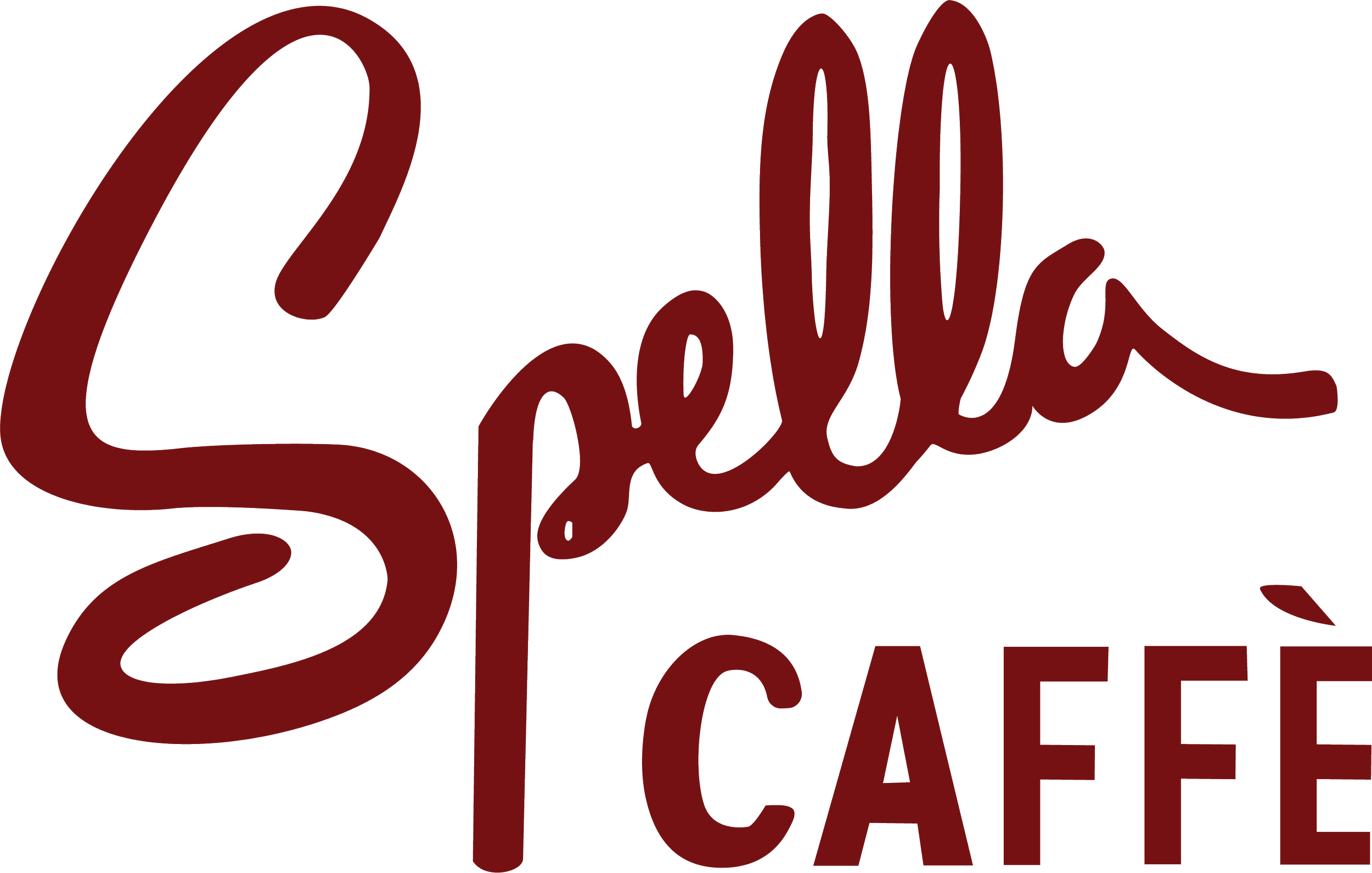In Defense of Decaf
If you’ve been to our caffe you may have heard one of our baristas chatting about how hard it is to tell the difference between our Signature and Decaf Espresso, and they’re not wrong! We take pride in making sure that no matter how you take your coffee, it’s a fantastic cup.
We put our heart and soul into making sure every varietal we offer is roasted to showcase it’s beautiful and delicious individual characteristics, and it’s no different with our Decaf.
Decaf’s Bad Reputation:
Decaf coffee became commercially available back in 1903, and it is safe to say that over the years it has earned a less than stellar reputation.
The Roselius Process, one of the first decaffeination methods available, relied on brining green coffee beans in a salt water solution followed by using benzene (now a known carcinogen) to strip the beans of their caffeine. Ironically, it is said that the inventor of this process (Ludwig Roselius) was motivated to create a decaffeinated coffee due to a belief that his father was poisoned by too much caffeine. It’s probably safe to say that those first cups of Decaf were truly something awful, if not dangerous.
Admittedly, even today a decent cup of decaf can be hard to come by. 70% of decaf beans on the market are still processed using chemical solvents. While the chemicals used in today’s process are nowhere near as dangerous as they have been in the past, they still cast Decaf in a harsh light. They not only remove caffeine, but of all the rich antioxidants that provide health benefits, as well as any of the characteristics and flavor that make the coffee special. All that’s left behind is an acrid and bitter taste in your mouth.
Why Swiss Water Process?
It’s not hard to understand why the use of chemical decaffeination has created such a stigma around decaf coffee. As more and more people have come to appreciate the complex flavors and aromas coffee has to offer, burnt and harsh are not terms anyone associates with a good cup. Luckily, that’s where The Swiss Water Process comes in.
The Swiss Water Process (SWP) is a natural process that was developed with the goal of removing the caffeine while retaining the flavor and qualities of the origin of the beans. While originally pioneered in the 1930’s this method was only somewhat recently made commercially available in the 1980’s when their facility opened in Vancouver B.C., completely redefining the landscape of what decaf could be.
Rather than adding any chemicals to extract caffeine from the beans, SWP relies on osmosis and the fact that caffeine is water soluble. Using water and a carbon filter, the caffeine molecule is removed from the green (unroasted) coffee allowing the oils and flavor to remain. The result is an environmentally friendly, 99.9% caffeine-free coffee that retains its gorgeous and unique character.
Our Decaf
After all the bad press, Decaf deserves a reintroduction. Thanks to SWP, our Decaf Espresso is sure to exceed your expectations with rich notes of caramel and chocolate. It pulls such an excellent espresso, you can often find our staff drinking it in the afternoons at the caffe.
Whether you are sensitive to caffeine or are looking for a reason to brew an afternoon cup without the buzz, we believe everyone deserves to enjoy delicious coffee. From drip to espresso, you’ll be hard pressed to tell that you’re drinking decaf. Our promise to you is that you can enjoy it without chemicals or compromise.
